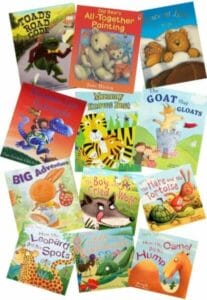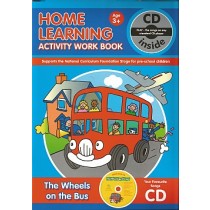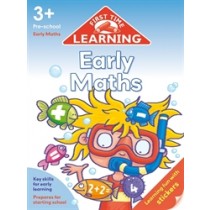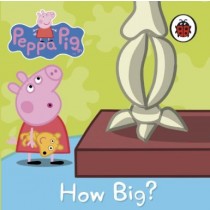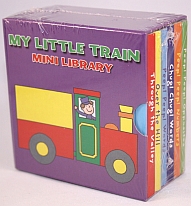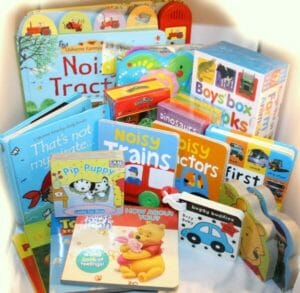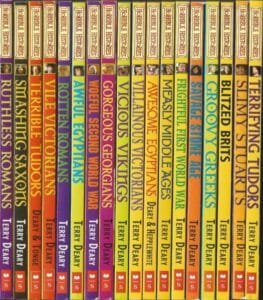Book Reviews: What is their Purpose?
 Last year I attended a year 1 workshop at my daughter’s school where the teachers explained to us what the children will be covering that term. They covered the usual but what stood out to me the most was how important literacy is and that we should really read with our children and talk to them about the stories they are reading. So I went home and I thought about what I could do to make sure I was doing what I was told!
Last year I attended a year 1 workshop at my daughter’s school where the teachers explained to us what the children will be covering that term. They covered the usual but what stood out to me the most was how important literacy is and that we should really read with our children and talk to them about the stories they are reading. So I went home and I thought about what I could do to make sure I was doing what I was told!
Now, I know you will all hate me once I tell you what happened as did some of the parents at the school when they found out that they had to do a lot more work with their children than they were already doing! So, here’s what happened…
Instead of just asking my daughter a few questions after she finished reading, I jotted down some question while she read to me. When she finished, we had a little discussion about the book and then I gave her the questions. She quite happily took the questions and wrote down her answers using full sentences and correct punctuation. She seemed to enjoy it and said she’d like to take it in to school to show her teacher. I had no objection to that and she put it in her bag.
When she came home at the end of the day, she told me her teacher loved her work and was asked if she could do the same for her next book. I decided to then create a book review template for my daughter to use so I wouldn’t have to keep writing questions for her. Then, the teacher started to expect this from all the pupils and the parents were not very happy! Sorry!
You’re probably wondering how the other parents knew it was me? Well, my daughter’s school have a couple of days in the year called ‘open school’, this is where parents can pop into their child’s class and have a look at their work and ask a few questions. Lo and behold, there was a big book of all the book reviews and comprehensions completed by all the pupils and my daughter’s very first one was right at the front! It doesn’t take a genius to figure out what happened and when I was asked I couldn’t deny it! I’m not very good at lying!
I am quite happy they found out to be honest, turns out some of them were very thankful. They said it really helped them and their child and I left feeling not-too guilty.
So, why should you bother getting your child to write book reviews and how should you approach it?
Here are my top 10 reasons:
- Retelling the story – how do you know your child can actually recall what they have read? Can they remember the story? Using a book review to summarise the story is a great way to see if your child has got the gist of the story.
- Understanding and making sense of the story – here is where your child can tell you about the characters and what they think of them, they can show an understanding of what has happened and answer those ‘why’ questions, e.g. why did Jack’s mum get angry when he sold the cow for some magic beans? This allows your child to gain a real in-depth understanding of the story.
- A chance to practise writing – this is a great opportunity to get your child practising to write in complete sentences, making sure they use correct grammar and punctuation. Really encourage your child to look at the language and words used in the story and apply those to their writing.
- Use pictures! – This is really good for younger children to be able them to draw the main characters or even their favourite part of their story. This makes writing a book review so much more fun and another beautiful piece of work to stick to the fridge!
- Is there a moral to the story? What has your child learnt from the story? This way your child can begin to apply what they read to their own lives. For example, what would you do if your mum asked you sell the cow?
- A start to using higher-order thinking – as our children grow and make their way through the education system, being able to analyse and evaluate becomes more and more important, not just in English but across all subjects. Using a book review, children can really put this into practise and start to answer questions that compare and contrast and examine various themes within the story. Your child can have an opportunity to form judgements and argue their point; a great way to get them evaluating and analysing what they have read.
- Feeling creative! Creative doesn’t always mean drawing, painting and making a picture. Words can be creative too. Why not get your child to create an adaptation of the story, make a few changes, design a new front cover or even change the period in which the story was written? Time for those ‘how’ questions! How would that change the story? How creative can your child be? The answer is, as far as their imagination can take them. The possibilities are really endless. You could use story boards, create a comic version or even turn the story into a newspaper article!
- Get the family involved – don’t think you get out of it because your child is putting it all on paper. Discussion is key. Make sure you talk about all those ideas and stretch those ideas your child has, then get down and help colour it all in!
- Imagine what this does for your child’s confidence – give lots of praise and see how far they go! You will see progression with each review.
- Share! If they want to take it in to school to share with their teacher, let them – but if the other parents hate you for it – don’t blame me! 😉
Hopefully this article inspires you to use book reviews with your child. Here are a couple to get you started:
Free Downloadable Simple Book Review Template
 Free Downloadable Advanced Book Review Template
Free Downloadable Advanced Book Review Template

Join our mailing list
Sign up to our Emailing List & Get the Latest Information and Offers on Resources
Thank you for joining !
Something went wrong.

